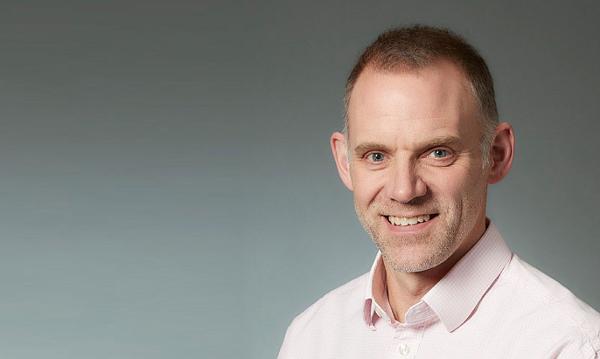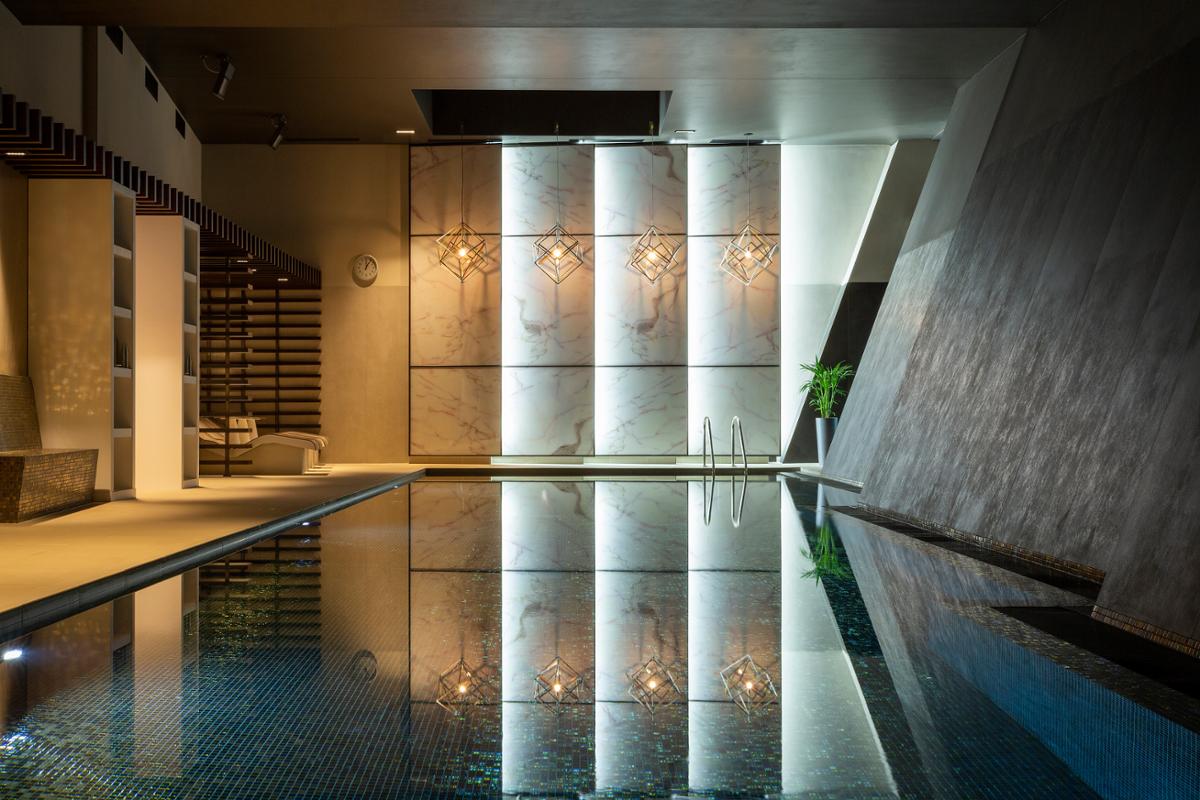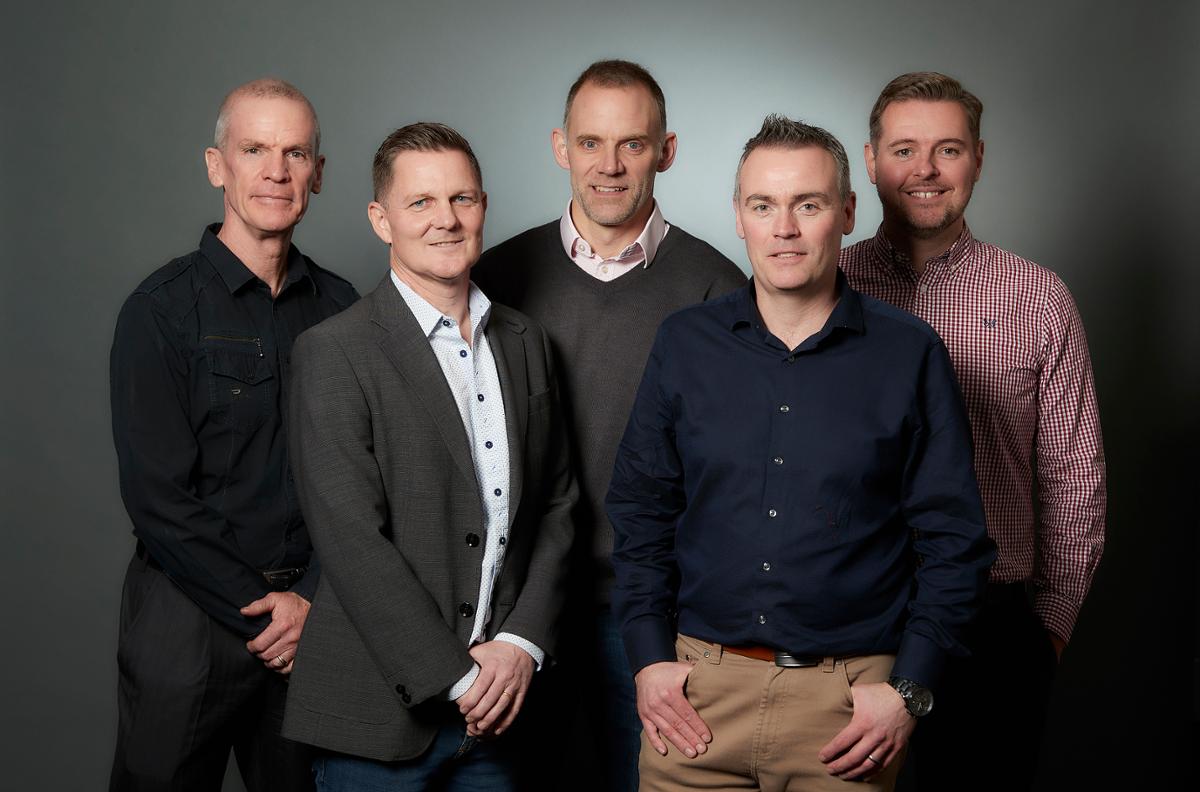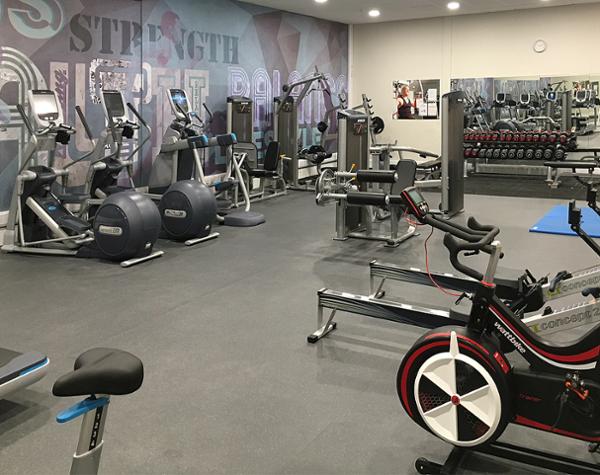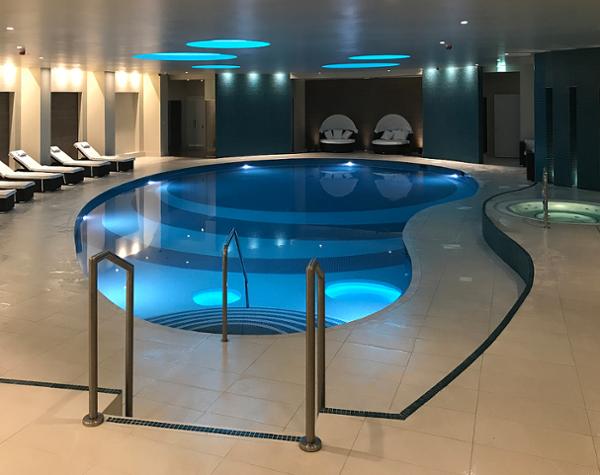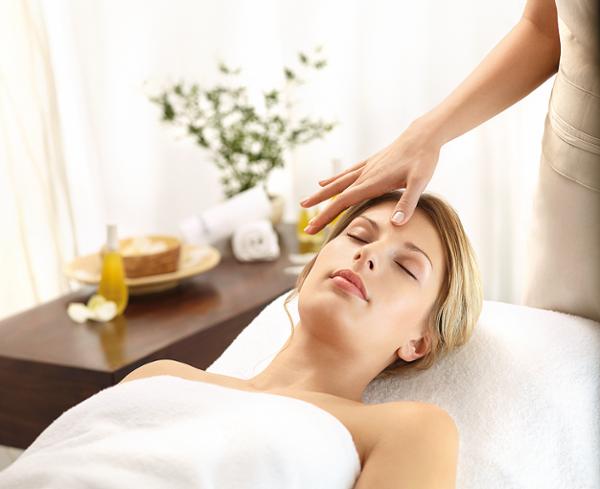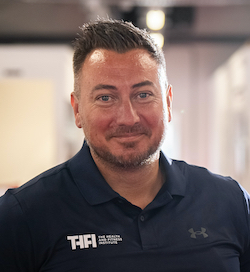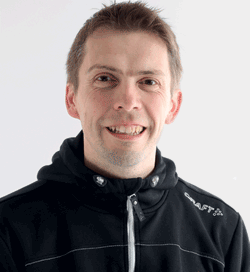Tell us about 3d Leisure – what was the spark that started the business?
Our founder, Mark Bremner, was a founding director of local authority contractor, DC Leisure.
During his time there he saw that the market for hotel health clubs and gyms was growing, but no one was coming forward to operate these new facilities, so he launched 3d Leisure to fill that gap.
Now, 30 years later, we run 120 sites and have expanded beyond hotels into other sectors, such as the education market and the corporate wellness sector. We’ve also recently purchased our own gym franchise brand – YourZone45 .
Mark is still actively involved in the business in his role as chair and offers a wealth of experience to our team.
Our current portfolio is made up of approximately 50 hotel contracts, 25 corporate sites, 30 high street gyms, 10 education locations and 5 franchised sites.
I’m especially enjoying our growth in the corporate sector, as it offers a lot of variety in the type of facility and demographic of members. Hotels are commercial entities and compete with each other and this means we’ve had to turn some contracts away as they’re in the same catchment as existing clients.
There’s a board of six, with me as MD, Mark Bremner, Andrew Deere – the FD – operations directors Paul Dickinson and Dan Glue, as well as business development director, Mandy McCracken. The shareholders are me, Mark, Andrew and Paul Dickinson.
You’re celebrating 30 years of the company. How are things going?
Very well at the moment – I’m almost embarrassed to say, but we’ve actually grown during the pandemic.
One of our competitors, SLS, ceased trading as a result of the pandemic, and we were able to take over a number of its educational contracts.
In addition, we won a contract to win a new-build corporate wellness facility and because there was some consolidation in the hotel sector – and we have great relationships with our hotel clients – this area also grew, as they looked to outsource more.
When it comes down to it though, our success is as a result of the people we employ. We employ nice people and we spend a lot of money on supporting and training them and that creates a close-knit company ethos.
Do your hotel contracts operate under the same brand?
No, we customise IPs for clients on a bespoke basis. We’ve created 50 different brands over the years – we develop the brand, do the IP registration, the graphic design and identities and develop the website, so each hotel has its own gym, spa or wellness brand.
We’ve upped our game over the last five years in terms of the detail and professionalism of our service. Our clients get the backing of a fitness and wellbeing-specific head office team of 10-15 experts, which is a powerful offering for a single site operator. For day-to-day contact they get a dedicated regional manager, who pulls together the central support team with functions such as marketing, health and safety, finance and HR.
How do the finances work?
Some are operated commercially on a profit-share basis, while the corporate sector contracts generally run on a straight management fee. On the franchise side, we charge standard franchise fees.
We expect to make a £15k - £20k profit per year per site after meeting costs such as staffing and we look for a five per cent profit margin on our total income.
Very few sites are operated commercially, however, as they’re mainly run on management contracts.
How’s the pandemic impacted you?
The furlough scheme was obviously a lifesaver for everyone, but we were also able to access some grants and worked with our landlords where applicable.
Membership was down 45 per cent across the group when we opened again in April 2021 and now we’re approx 20 per cent down. We’re forecasting for all sites to be back to normal again by March 2022 after the New Year sign-ups.
I’m immensely proud of how we pivoted online during COVID. A week before lockdown we’d already noticed that usage was dropping off, as we have an older demographic (aged 40 - 50), meaning they were more cautious. As a result, we went to our teams and asked them to put together an online offering.
This meant we started the ball rolling four days before lockdown and actually launched our first class on the Friday night as Boris Johnson was announcing lockdown.
We ran 100 classes a week with staff working voluntarily and opened it up free of charge to anyone who wanted to take part – not just members. Our team really took hold of what we were doing and it developed into a real lockdown community with cooking demonstrations, quiz nights, hair cutting demos – to be honest, whatever you needed while locked down, was there!
We did two million views over the duration of the first lockdown and it’s still going strong now, but as a subscription service.
Two of our online instructors were diagnosed with breast cancer during the lockdowns and so we did 24 hours of classes in November 2020 and raised £5k for a breast cancer charity.
What did you get up to while facilities were closed?
We used the lockdowns to re-evaluate and look at how we could improve the business. All the conversations were around what can we do better and how can we improve things.
We put in place online training and overhauled all our systems. We expected to have to cut back as a result of the pandemic and wanted to make ourselves more efficient to be able to cope.
As it turns out, we haven’t had to cut back, but we’ve still had the benefit of the efficiencies.
We also put all our corporate managers through mental health first aid, which was invaluable. We used Facebook to keep in touch with staff to reassure them, as well as doing things such as staff quiz nights and issuing newsletters.
As a result, 86 per cent of staff said the company had offered great support during the lockdowns to help them manage their mental health.
Are you targeting new markets now we’re open?
Spa and wellness are booming for us and within our 50 hotel sites, around 20 now have spas and are on full-service contracts with us.
As a result, we now have a group spa manager and for corporate clients we have a product called Wellness 360 which is a package of all the elements of wellness – mind-body, fitness, rewards etc and each corporate client can decide which elements they take.
What’s happening in the education market?
Mark Bremner went to the US 10 years ago and did a study on how exercise helps children with their education.
Since that time we’ve offered gym sessions to kids as part of our schools contracts – they can take place at lunchtime or after school and get kids engaged with exercise. All our education sites are offered this as a free service.
For example, for a school in Weymouth we ran a 10-week course where the kids wore Myzone belts to track their performance.
Would you change anything looking back?
We’ve learned some major lessons over the 30 years – we should have diversified earlier and got into franchising five years ago, but we didn’t see it taking off as well as it has.
In the franchise market generally, an awful lot of businesses fail and close down. I’ve seen too many people who’ve invested life savings and then failed and we just couldn’t do that.
As a result, we struggled with the franchise model initially, as it didn’t sit well with us offering a franchise and not giving full support, but we’ve worked through that and done it in our own way.
We don’t believe in selling a franchise and then just giving them a manual and leaving them to get on with it, so our franchises get the same head office support as all our other contracts.
We have to believe in the locations too, so we’ll only sell a franchise in a location we believe will be a success – it’s not just a question of selling ‘pins’ in a map.
Our commitment is always to give the franchisee the support to make it a success. In spite of this, we want to get a full proof of concept of our franchise model before we roll out any more.
What’s the end game?
We’ve had approaches to buy the business, but there’s no desire within the senior team to sell.
Hopefully we’ve got 20 years still to work – we want to continue to enjoy what we’re doing and to grow the company. We’d all like to work a little less one day, however, so we’re building infrastructure that will run the company with less reliance on the key players and then we’ll keep on growing it, although when it comes to size, we’ve never wanted to be the biggest, just the best.








